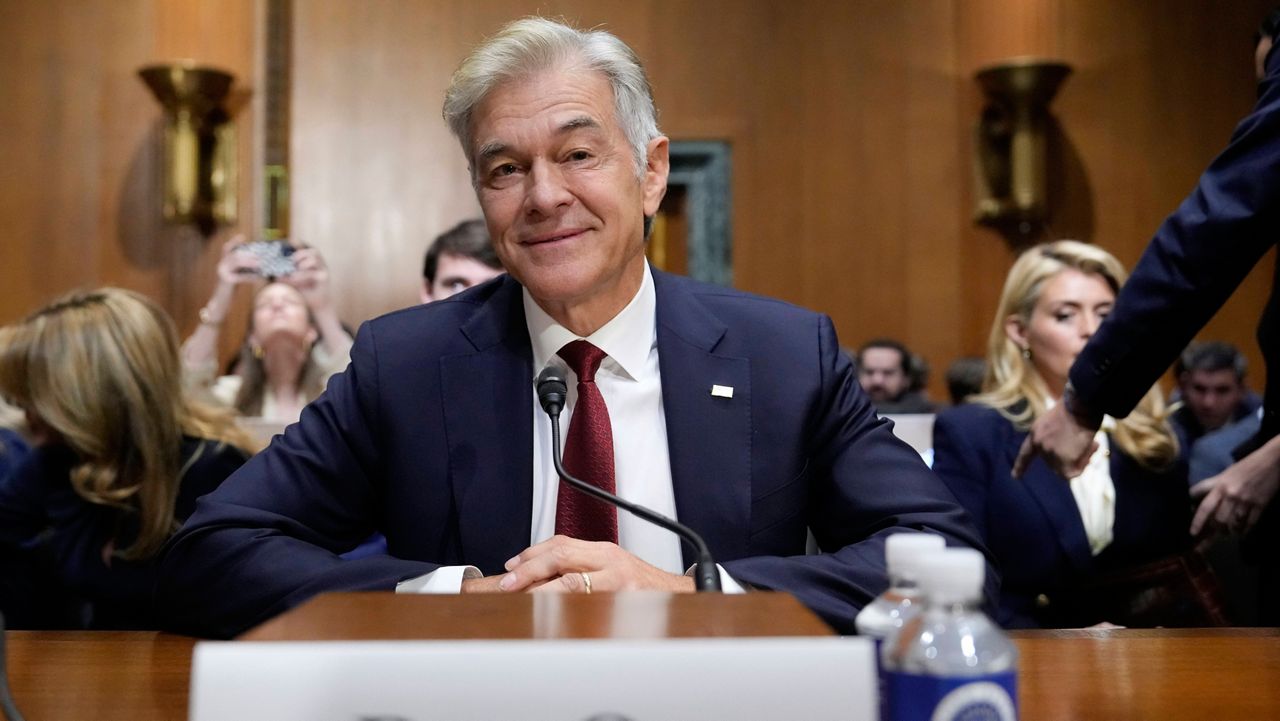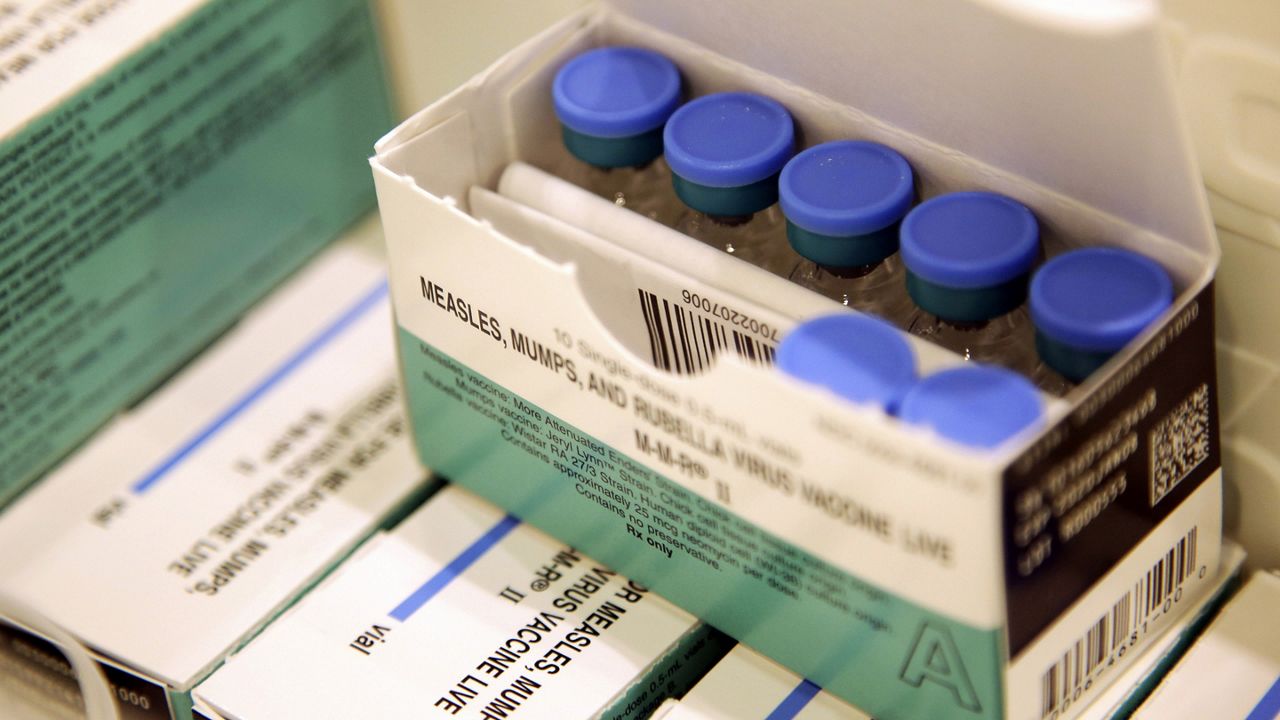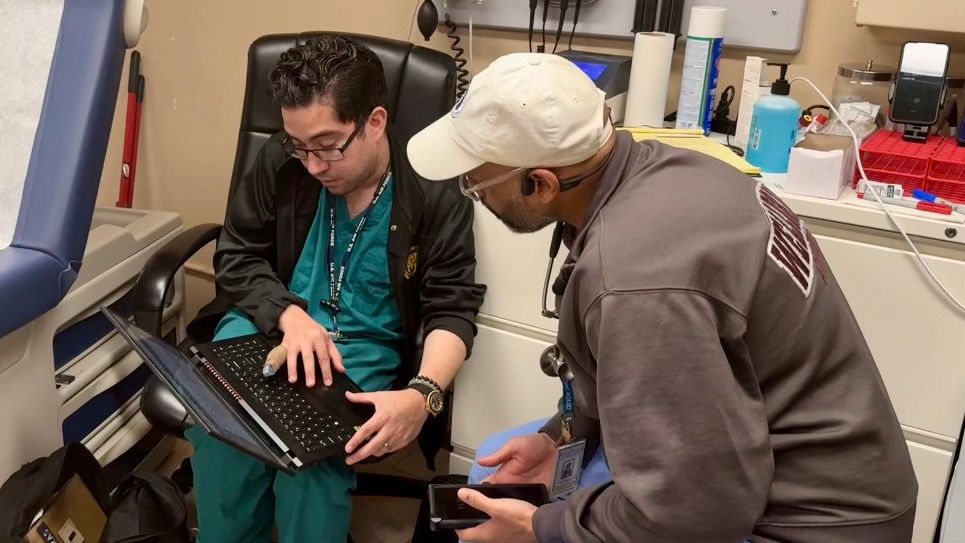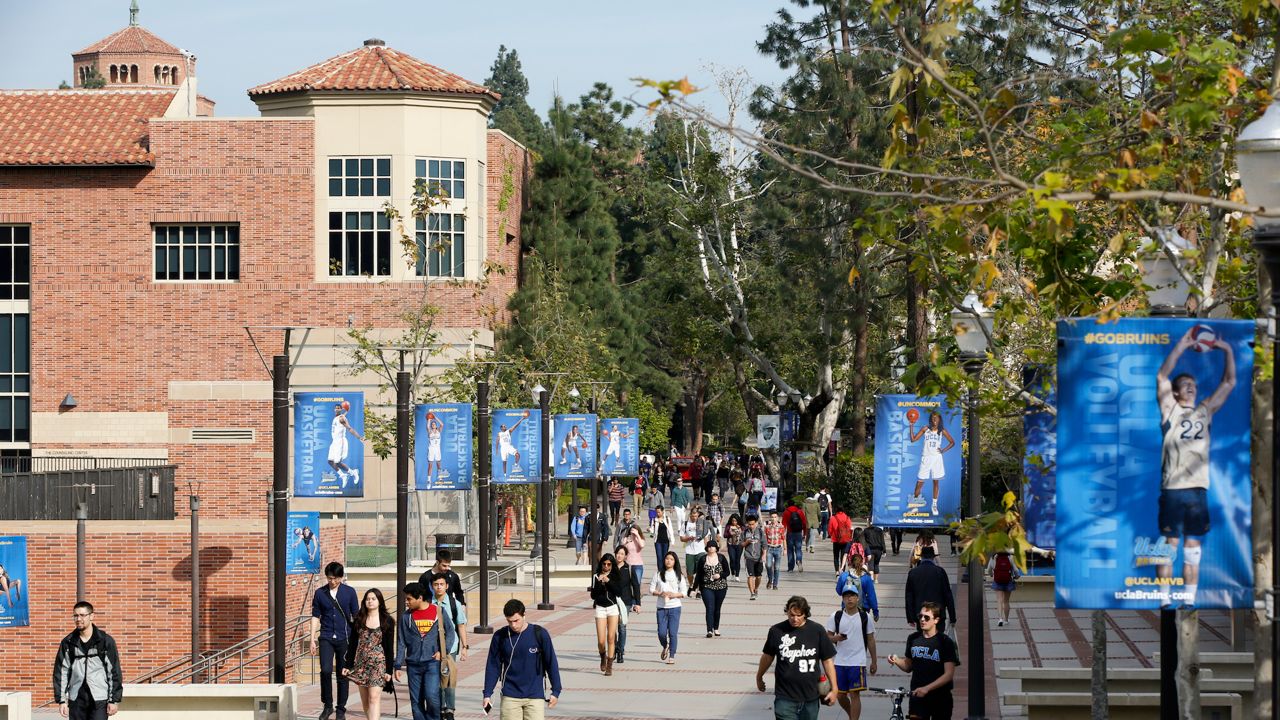LONG BEACH, Calif. — A Temecula father who lost to his son to cancer has teamed with a prominent oncologist in Long Beach to find a cure or treatment for the extremely rare disease.
Fibrolamellar hepatocellular cancer typically impacts those in their teens and early 20s, and when it isn’t caught early, it has an extremely low survival rate.
What You Need To Know
- A Temecula father who lost to his son to cancer has teamed with a prominent oncologist in Long Beach to find a cure or treatment for the disease
- Fibrolamellar hepatocellular cancer typically impacts those in their teens and early 20s
- Tom Stockwell gave up his career in retail and set out on a new journey with his wife, starting the Fibro Fighters Cancer Foundation
- The foundation aims to educate and connect the families to the countless clinicians and researchers that Tom now works with to find a treatment
The disease is what took Tom Stockwell's son. Stopping for coffee on his way to the doctor’s office recently, Tom took a second to reminisce. He looked at a picture of his son, Robert, that was captured the day he officiated his sister’s wedding.
Stockwell says it’s the perfect example of the 20-year-old’s character: strong for everyone, but behind the smile, Robert was actually in a lot of pain.
"Three hours before that picture, he was throwing up and sicker than a dog," Stockwell said. "And you look at him there, he looks as great as can be."
Just six months later, Robert died from fibrolamellar hepatocellular carcinoma, an extremely rare disease with no treatment that had been attacking Robert’s once-healthy liver for about 3 1/2 years.
Stockwell remembered that dreaded day in January when Robert was diagnosed with something even the doctors were unfamiliar with. But he says the hardest part was seeing Robert suffer in those final months.
"He’d ask me. He'd say 'Daddy, how long do I have?' And I’d always tell him, 'Well, we have today. We have today, and that’s the day that matters.' So that’s the part that always gets me," Stockwell said.
It was during those last days that Stockwell promised his son he would keep fighting this war against fibrolamellar cancer, even if Robert lost the battle.
Stockwell gave up his career in retail and set out on a new journey with his wife, starting the Fibro Fighters Cancer Foundation that has since brought together more than 300 patients around the world. The idea is to educate and connect those families to the countless clinicians and researchers that Stockwell now works with to find a treatment, such as medical and laboratory Director Dr. Robert Nagourney of the Nagourney Cancer Institute.
"Now, when Tom approached me and told me the story of his son, I was aware of fibrolamellar carcinoma because it is a rare, rare variant, and when you’re a medical oncologist, you very, very occasionally will come across a case," said Nagourney. "Most of these cases are in young people."
Related Stories
- Johnson & Johnson recalling some Neutrogena, Aveeno sunscreens after traces of cancer-causing chemical found
- USC hospital nurses set to begin two-day strike
- Meet the doctor who revolutionized treatment, going 'from almost every child with cancer dying to almost every child with cancer surviving'
- Nearly homeless, chef and cancer survivor cooks her way back from the brink
His laboratory is where Nagourney says he pioneered the use of living human cancer cells to find the most effective and least toxic treatment option for each individual cancer patient.
"Discoveries made here have gone on to change the way cancer is treated," he said.
Nagourney's lab techs use a technique that measures how cancer cells respond when exposed to a variety of drugs and drug combinations. They find treatments for several different cancers, and now they’re testing patients with fibrolamellar cancer from Stockwell’s network of "Fibro Fighters."
"These diseases, like fibrolamellar, are virtually unresponsive to treatment," Nagourney said. "If we don’t find something new, (the patients) won’t have anything to take. So our job is to explore unthought of directions, angles, combinations, sequences, so we can come up with answers for one of the most difficult to treat cancers."
It’s new hope for the father who says any bit of progress helps mend his broken heart.
"It’s always gonna be that way," Stockwell said. "But if I can help one, one other young man or young woman, which we have, it’s OK. It’ll be OK."
For more information about Dr. Nagourney's Cancer Institute, visit here.











